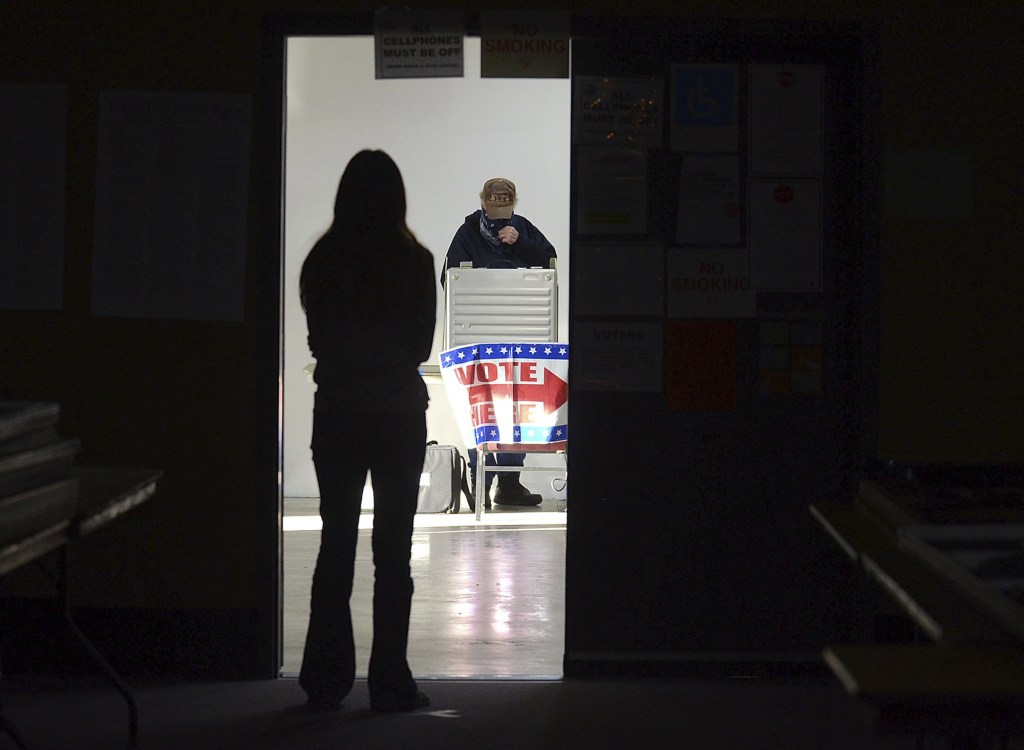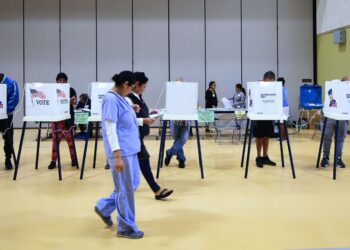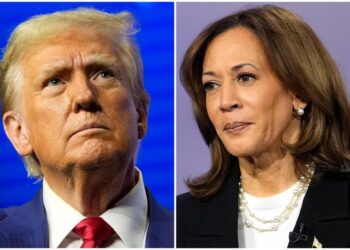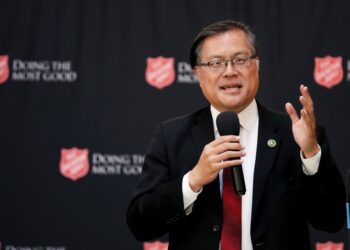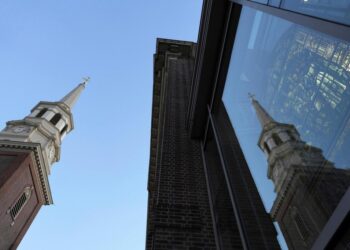LACONIA, N.H. (AP) — U.S. presidential elections have been rocked in recent years by economic disaster, stunning gaffes, secret video and a pandemic. But for all the tumult that defined those campaigns, the volatility surrounding this year’s presidential contest has few modern parallels, posing profound challenges to the future of American democracy.
Not since the Supreme Court effectively decided the 2000 campaign in favor of Republican George W. Bush has the judiciary been so intertwined with presidential politics.
In the coming weeks, the high court is expected to weigh whether states can ban former President Donald Trump from the ballot for his role in leading the Jan. 6, 2021, insurrection at the U.S. Capitol. Meanwhile, a federal appeals court is weighing Trump’s argument that he’s immune from prosecution.
The maneuvers are unfolding as prosecutors from New York to Washington and Atlanta move forward with 91 indictments across four criminal cases involving everything from Trump’s part in the insurrection to his efforts to overturn the 2020 election and his hush money paid to a porn actress.
Depending on how Trump’s appeals play out, he could be due in court as early as March 4, the day before Super Tuesday, raising the unprecedented prospect that he could close in on the GOP nomination from a courtroom.
On the Democratic side, President Joe Biden is seeking reelection as the high inflation that defined much of his first term appears to be easing. But that has done little to assuage restless voters or ease widespread concerns in both parties that, at 81, he’s simply too old for the job.
And at least three serious candidates who have launched outsider presidential bids threaten to scramble the campaign and eat into the support from independent voters who were critical to Biden’s success in 2020.
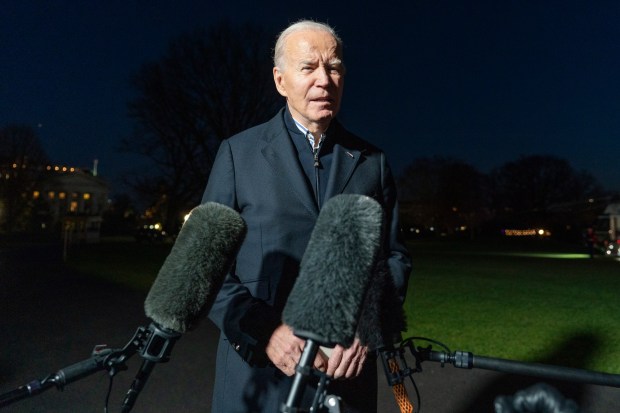
Facing such uncertainty, few expect the traditional rules of politics to apply in 2024. Jim Messina, who managed former…
Read the full article here

